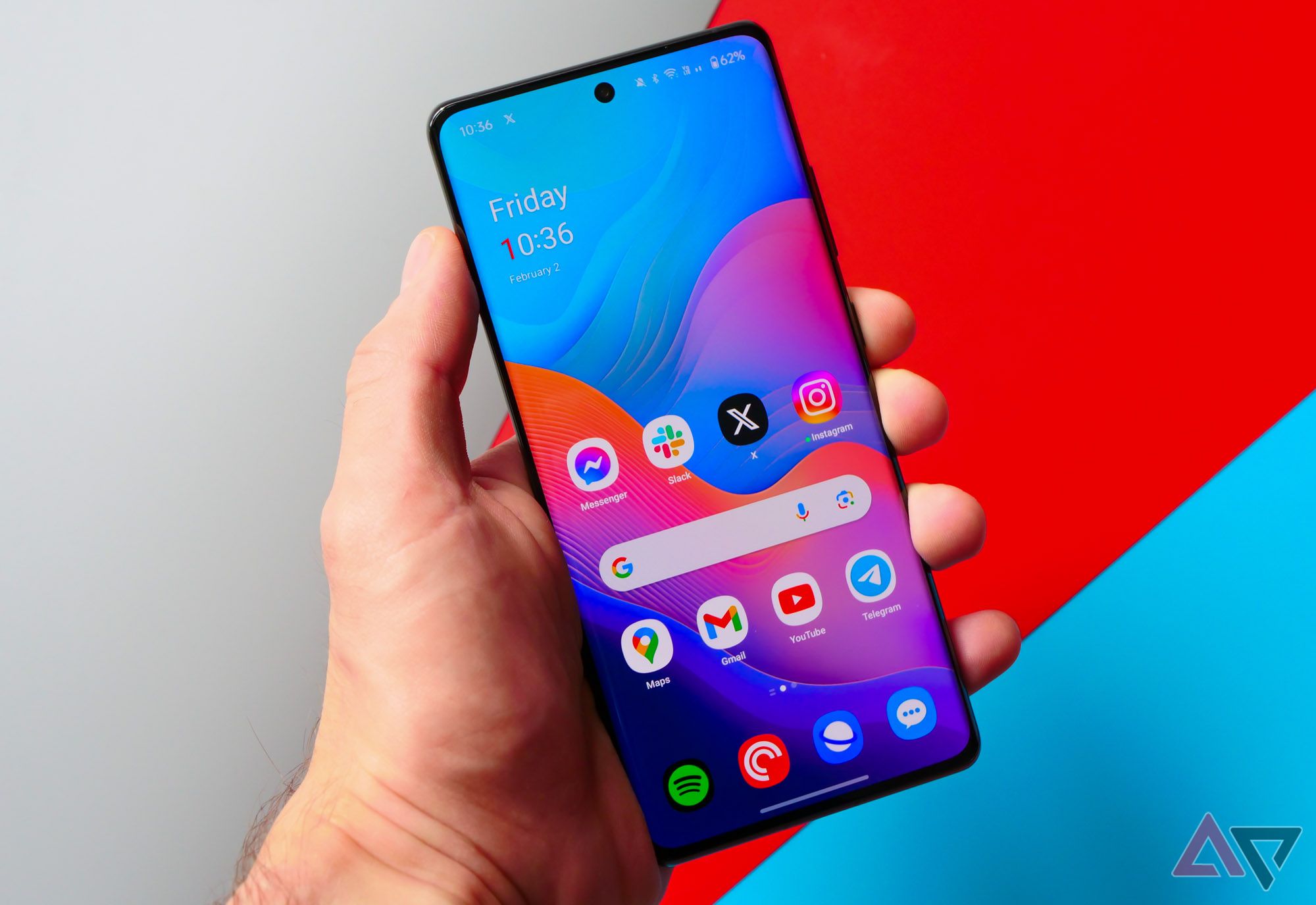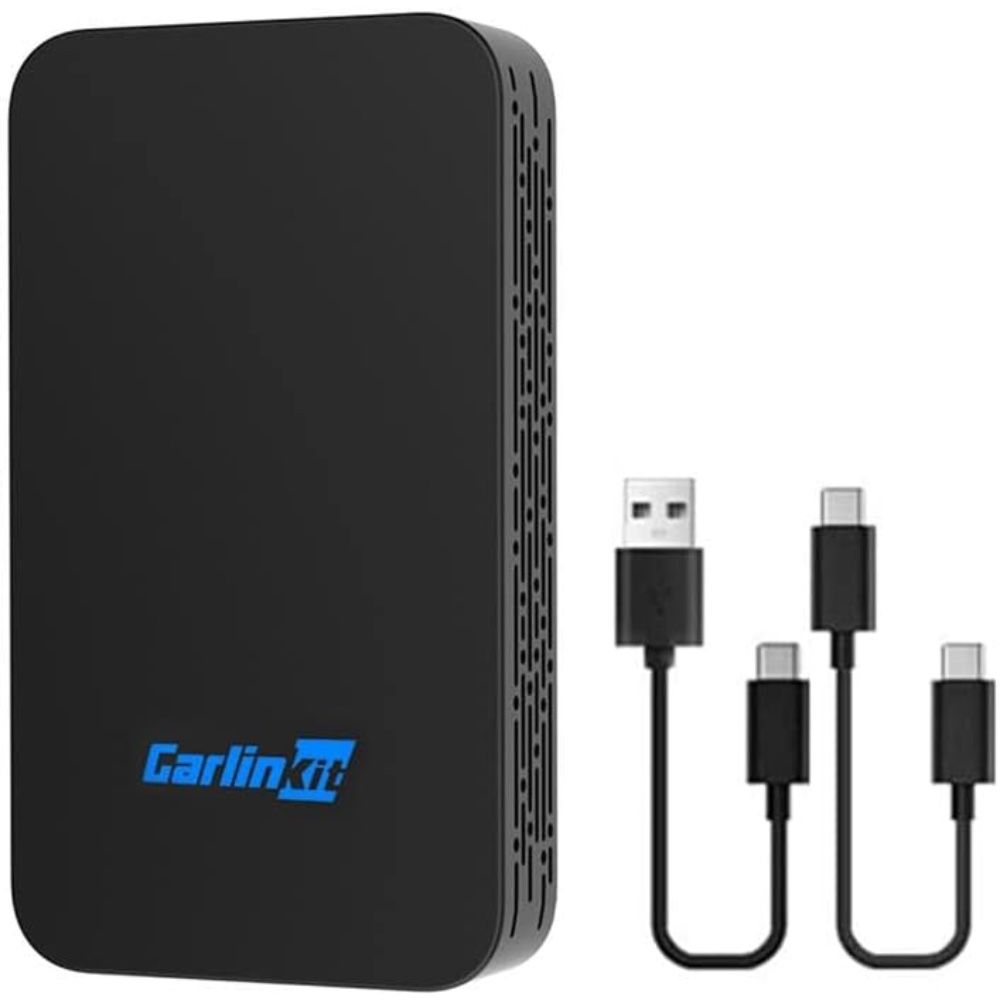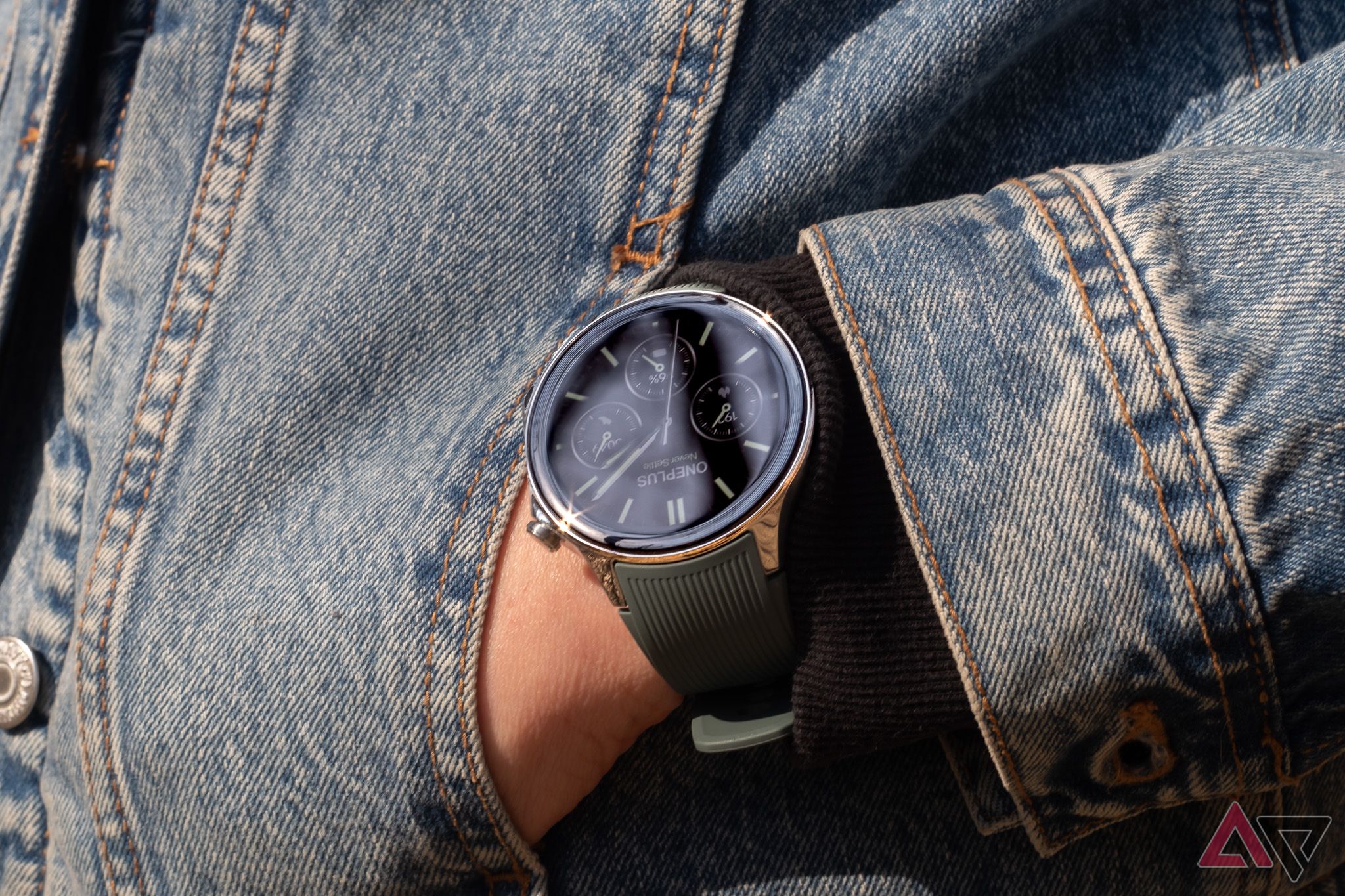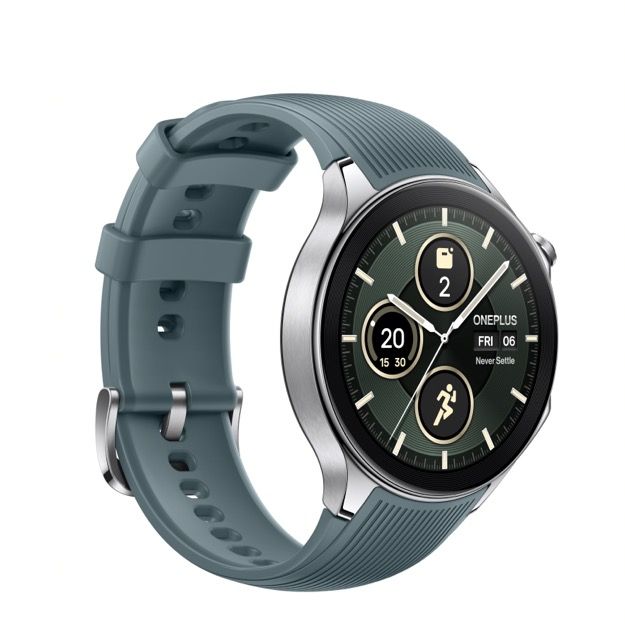February’s crop of tech releases and reviews didn’t see any big-name flagship phones or insanely hyped new devices, but a handful of fun and useful gadgets caught our eye nonetheless. With a handful of these geared directly toward having fun, and some shaking up their respective midrange markets, we had an especially good time digging deep into these great phones, e-readers, and audio accessories.
We’ll have even more interesting device news to share throughout March, as we bring back tales of all the wonderful concepts wowing us right now at MWC 2024 in Barcelona.
1 OnePlus 12R
OnePlus finally brought its moderately priced R-series phones to the U.S., and what a way to jump on the scene. The hardware packed inside the OnePlus 12R nips at the heels of flagships priced twice as much, and the sleek design sits a far cry ahead of the relatively bland look of longtime midrange competitors like the Galaxy A series.
And it’s not just fast — it looks fantastic, thanks to a high-resolution display with bold colors and a 120Hz variable refresh rate. As if that weren’t enough, the efficiency and battery performance improve upon last year’s top-level OnePlus 11, the best phone for battery life of 2023. And should you somehow run the battery down, its borderline absurd 80W SuperVOOC fast charging makes short work of refeuling.
2:43

OnePlus 12R review: A real flagship killer for $500
A phone that packs all the power you need for the price you want to pay
It’s not perfect — no phones are, especially in the midrange — but drawbacks like a mere three years of new Android versions and only IP64 protection don’t drag it down enough. Actually, these are the kind of compromises we’ll happily deal with if it means we can get a premium-quality phone for just $500, or $400 if you buy directly from OnePlus and trade in any old phone you’ve got laying around. Early in the year, the ball’s already in everybody else’s court to compete with the 12R as 2024’s top flagship killer.

2 Kobo Libra 2
While Amazon’s Kindles get a lot of press (especially on the budget-friendly end), a handful of competitors continue to chug along, releasing excellent e-readers with convenient form factors, sleek interfaces, and useful features. The Kobo Libra 2 does exactly that, landing right in the midrange and competing closely with the Kindle Oasis and Nook Glowlight 4 Plus.

Kobo Libra 2 review: Perfectly balanced e-reading
The Libra 2 sits in the sweet spot of the Kobo lineup
Its compact size and comfortable lighting make it a pleasure to use, and it sports the physical page-turn buttons that a lot of e-book fans love. Its interface works swimmingly, with a wide selection of content to choose from including audiobooks. There is one drawback: It’s more like the Amazon ecosystem than Android, as it’s relatively restricted and doesn’t support the Google Play Store. But you can sideload your own books, so your existing collection won’t go to waste.

3 Withings ScanWatch Light
The Withings ScanWatch Light proves that wearables can add considerable utility and fitness tracking to your life without the bulk and aggressive style of some of the more futuristic, tech-y looking smartwatches. In fact, you’d be hard-pressed to even notice it’s a piece of tech at first glance, since it about as thin and sleek as any timepiece we’ve reviewed.
Despite that professional appearance, it boasts its larger, more expensive relative’s most useful features, including step count, heart rate, and tracking for 40 individual workout types. There’s also basic sleep tracking, although it misses out on the most advanced sensors like ECG, AFib, and blood oxygen monitoring.

Withings ScanWatch Light review: Light by name, light by nature
A slim and slender take on Withings’ analog-esque fitness trackers
With that said, ScanWatches — and the Light, in particular — aren’t for all smartwatch fans. The more classic watch-style appearance and lack of a full-size face mean it can’t deliver nearly as much on-screen information. It also loses the dedicated step counter found on the more costly Scanwatch 2. But if you want a classy watch with fitness features that’s suitable for any setting, they don’t get much better than this.

4 Bose Ultra Open earbuds
Bose’s unconventional Ultra Open earbuds aren’t for everyone. Typical earbuds block out much of the surrounding noise passively, and increasingly use active noise cancelation to isolate the listener completely. The Ultra Open take the opposite approach, with an open-back configuration that leaves room to hear what’s going on around you.
This design radically affects the in-ear speakers’ use in important ways. Clearly, situational awareness goes through the roof, since you don’t have what amounts to earplugs stuffed in your ear canal. Possibly more importantly, it opens up the listening experience significantly, broadening the soundstage and making music feel more full and less cramped.

Bose Ultra Open Earbuds review: Niche appeal
These ‘open’ buds are great, but not for every situation
Of course, if you use earbuds specifically to block out external sound, look elsewhere. But even though they act a lot like traditional open-back headphones, the sound quality hardly suffers, and in a quiet room they sound every bit as as good as closed earbuds, if not better. The only drawback for those searching for this relatively niche use case is the $300 price.

5 Amazon Echo Hub
Smart displays can add a lot of value to various rooms, but don’t usually offer the most streamlined, comprehensive controls for a wide selection of smart home devices. To counter that, Amazon delivered the Echo Hub, a purpose-built display meant to manage all your Alexa-compatible smart electronics from one refined control center.
The Echo Hub doesn’t excel as a do-it-all smart display, because it wasn’t meant to. Compared to the Echo Show lineup, the Hub lacks a high-quality speaker for getting bass out of your favorite music or shows, and doesn’t have a camera for video calls. In contrast, though, it folds flat for compact placement on a shelf or optional wall mounting.

Amazon Echo Hub review: A smart display for smart homes
The ultimate hub to control all your smart home devices
To be clear, this device is made for people with a variety of Alexa-compatible smart home products, and no one else. But it handles that responsibility quite well, with a control-focused interface that makes it easy to get all your electronics to play nice. It’s basically the keystone Alexa fans have been waiting for to massively streamline smart home management.

6 Carlinkit 5.0 wireless Android Auto adapter
Android Auto makes it a breeze to manage trips and entertainment in your car, but still requires you to plug your phone in on most models. The wireless Android Auto adapter space started out a little rocky, but this new, reasonably priced solution does a great job of delivering complete Android functionality without the need for a cable.
It’s a relatively straightforward piece of equipment, in that it essentially masquerades as your device and transmits data wirelessly without much in the way of customization. It even supports both Android Auto and Apple CarPlay, but that only helps if your vehicle does, too.

Carlinkit 5.0 review: Reliable wireless Android Auto with a catch
A solid Android Auto adapter — once you get it working
As the 5.0 in the name implies, this isn’t Carlinkit’s first rodeo, and the tech works reliably once installed and fully configured. But that’s actually where a bit of a downside comes in: first-time users might run into some configuration quirks, especially with regard to the likely necessary firmware updates you’ll encounter right away. But if you’re somewhat tech-savvy, or patient and willing to do some digging, this is one of the best ways to add wireless Android Auto connectivity to a supporting vehicle.

7 OnePlus Watch 2
Built primarily around Wear OS 4, the OnePlus Watch 2 combines an extensive feature set with sleek, high-end design, at a $300 price that’s pretty common among high-quality smartwatches. It does basically everything any of its premium competitors can do, while arguably looking better than most of them.
And although it boasts a high-powered Snapdragon W5 chip to power Wear OS, there’s also a smaller BES2700 chip inside running a purpose-built real-time operating system. This high-efficiency RTOS enables consistent sensor operation and phone communication while drawing a fraction of the power of the more powerful Qualcomm silicon. The end result is some of the best battery life we’ve ever seen on a full-featured wearable.

OnePlus Watch 2 review: Worth it for the battery alone
With two chipsets and two operating systems, the OnePlus Watch 2 offers revelatory battery life — but not much more
Make no mistake, this high-utility smartwatch offers tons of functionality and reasonably accurate health data tracking. We were, however, slightly put off by the custom OnePlus skin wrapped around the Wear OS software. It’s not terrible, but lacks some of the matured refinement found in competitors like Samsung’s. But it still works well, and software’s not permanent, so there’s hope it could be improved down the line.

8 Honor Magic 6 Pro
The Honor Magic 6 Pro captures the all-around high-end design and engineering of today’s best smartphones, and even adds one new and exciting wrinkle. On top of absurd performance and display quality, it uses the company’s next-gen silicon-carbon technology to deliver some of the longest battery life ever to grace a flagship, without adding to the phone’s bulk.
It runs apps in a flash, multitasks without breaking a sweat, doesn’t overheat, and manages the most resource-intensive games with ease. Even the cameras excel, with great low-light performance, extensive controls, and consistently crisp, colorful results. And while Honor’s own software hasn’t always been the best, it’s learning lessons, and has rounded out the user experience nicely in its latest generation.

Honor Magic 6 Pro review: I want this battery in every phone
The Honor Magic 6 Pro is jam-packed with the latest hardware and offers a battery like no other
So why isn’t the Magic 6 Pro at the top of our list of best Android smartphones? Simple: it’s not available in the US and very likely wouldn’t work well there. It is getting a European release, and you can technically also import a Chinese version and work some ROM-flashing magic to get Google services installed and spend a little less. But even in that case, networking support will be patchy at best.









